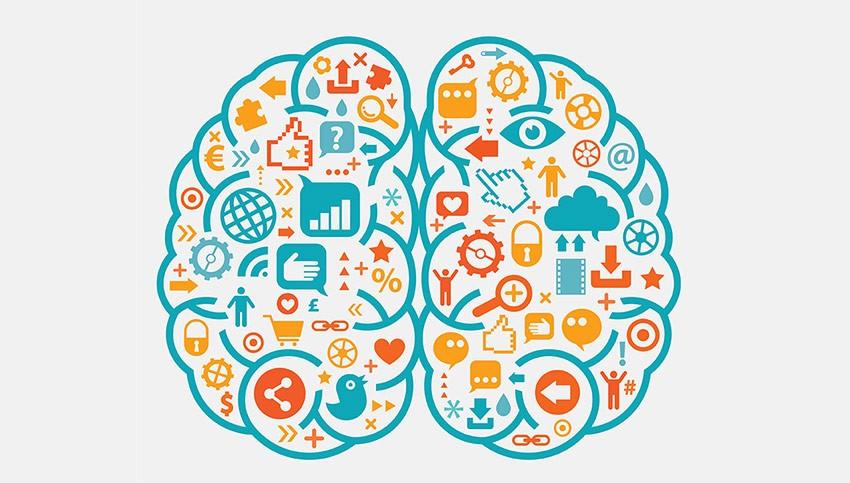The role of emotions in decision-making: How do emotions influence our choices, and how to make better decisions?
The role of emotions in decision-making is a topic of great interest to psychologists, neuroscientists, and philosophers alike. Emotions can have a significant impact on our choices, shaping our perceptions, judgments, and behaviors in countless ways.
People view emotions as irrational, they can be a powerful tool for guiding our decision and helping us achieve goals. We will explore how emotions influence our choices, and how to make better decisions by understanding and managing our emotions.

To begin with, it is important to understand what emotions are and how they work. Emotions are complex psychological states that involve a range of physiological, cognitive, and behavioral responses to various stimuli.
One of the most critical ways that emotions influence decision-making is by shaping our perceptions and judgments. Emotions can color our interpretation of events and influence how we perceive risks, benefits, and trade-offs.
Emotions can also influence our choices by affecting our motivation and behavior. Positive emotions such as joy, excitement, and inspiration can increase our motivation to pursue goals and take action.
Negative emotions can have the opposite effect, causing us to avoid situations that we perceive as risky or threatening. For example, if we are anxious, we avoid social problems or public speaking that we perceive as embarrassing or uncomfortable.
If we are feeling happy, we are likely to notice positive information which can lead to an optimistic outlook.
We are likely to make decisions based on the feelings that we experience, rather than considering all available evidence. We are likely to make decisions based on our needs and desires than considering the long-term consequences of our actions
So, how can we learn to make better decisions in the face of emotional influences? To develop emotional intelligence, which involves learning to recognize our own emotions, understanding and empathizing with the feelings of others. Emotional can help us become aware of how influences our decision-making and provide us with strategies for managing our Feelings
Conclusion
play a crucial role in decision-making, shaping our perceptions, judgments, and behaviors in various ways. Feelings can influence our lives and can have both positive and negative effects on our decision-making. Be a powerful tools for guiding choices, but they can also be unreliable indicators of what we should do.
We develop emotional intelligence and use decision-making strategies that minimize the cultivate a reflective and mindful approach to decision-making. By understanding our feelings, we can make more informed, thoughtful, and effective choices in our personal and professional lives. 바카라사이트